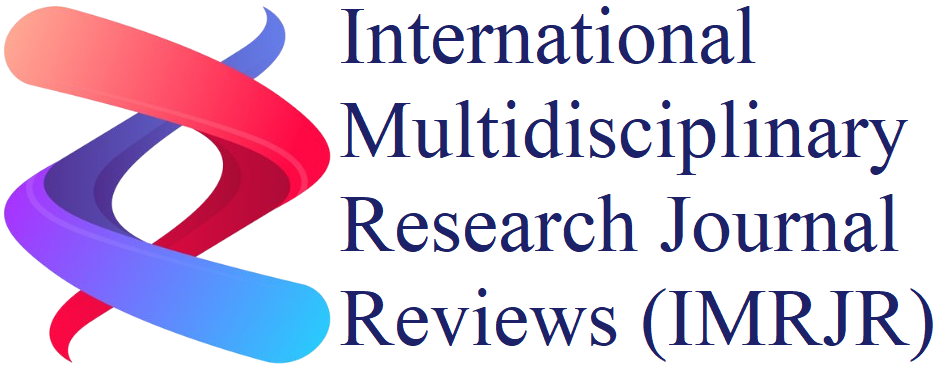Abstract: This research paper critically re-examines Dr. B.R. Ambedkar’s seminal work “Pakistan or the Partition of India” through a contemporary academic lens. While Ambedkar's analysis was rooted in the socio-political realities of the 1940s, his arguments on communal representation, nationhood, and state formation continue to echo in modern South Asian geopolitics. This paper evaluates Ambedkar’s predictions about partition, critiques the theoretical and pragmatic dimensions of his proposals, and assesses their relevance in present-day Indo-Pak relations. The research relies on secondary data and scholarly interpretations, merging historical analysis with current political realities. It also engages with themes of nationalism, secularism, and minority rights in a post-partition context, offering critical insights into the enduring legacies of Ambedkar’s political foresight.
Keywords: Ambedkar, Partition of India, Pakistan, Secularism, Nationalism, Communalism, Indo-Pak Relations, Minorities, Statehood, Identity Politics
Download:
![]() |
DOI:
10.17148/IMRJR.2025.020506
|
DOI:
10.17148/IMRJR.2025.020506
[1] Dr. Satish Gaikwad, "Revisiting ‘Pakistan or the Partition of India’: A Contemporary Academic and Research Analysis of Dr. B.R. Ambedkar’s Political Vision, Nationalism, Identity, and Secularism in the Context of Partition, Post-Colonial Statehood, and Indo-Pak Relations," International Multidisciplinary Research Journal Reviews (IMRJR), 2025, DOI 10.17148/IMRJR.2025.020506

